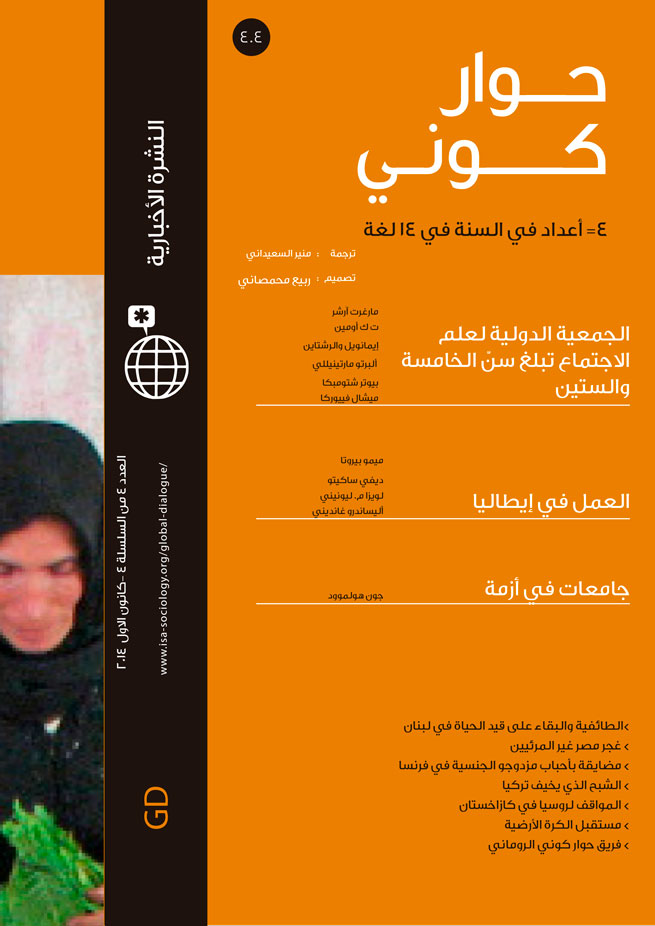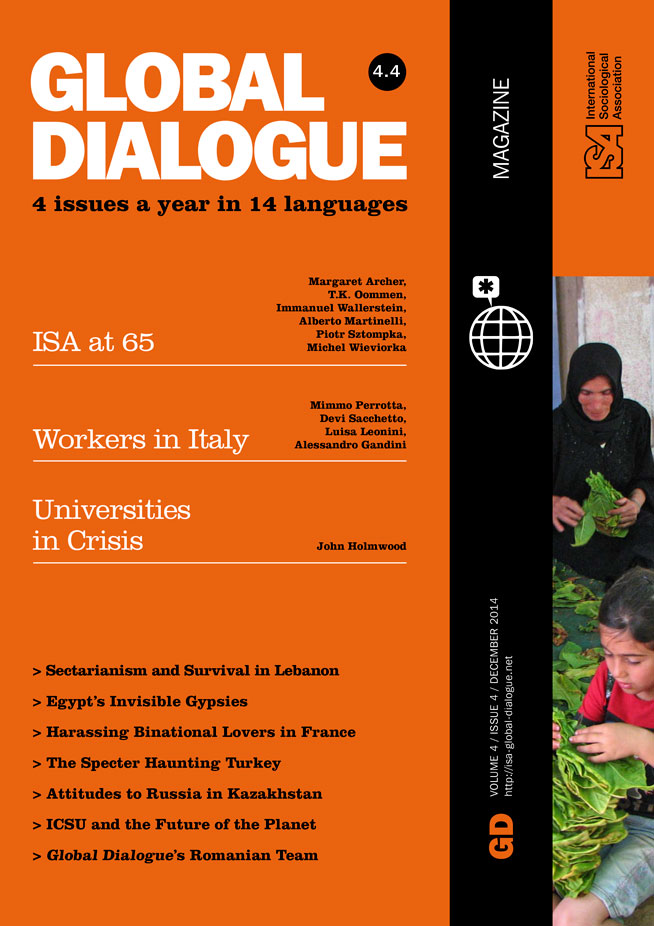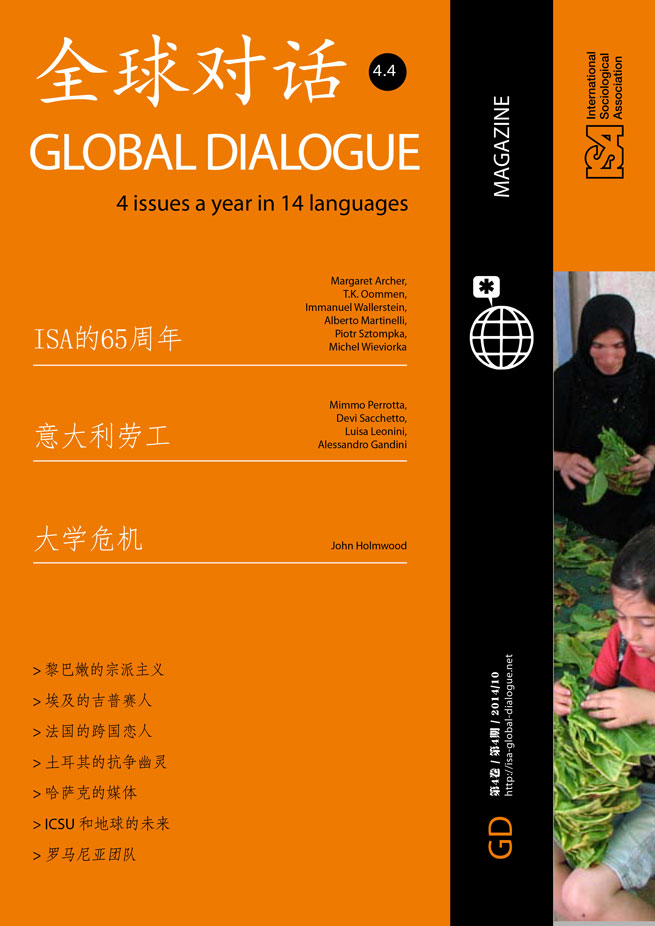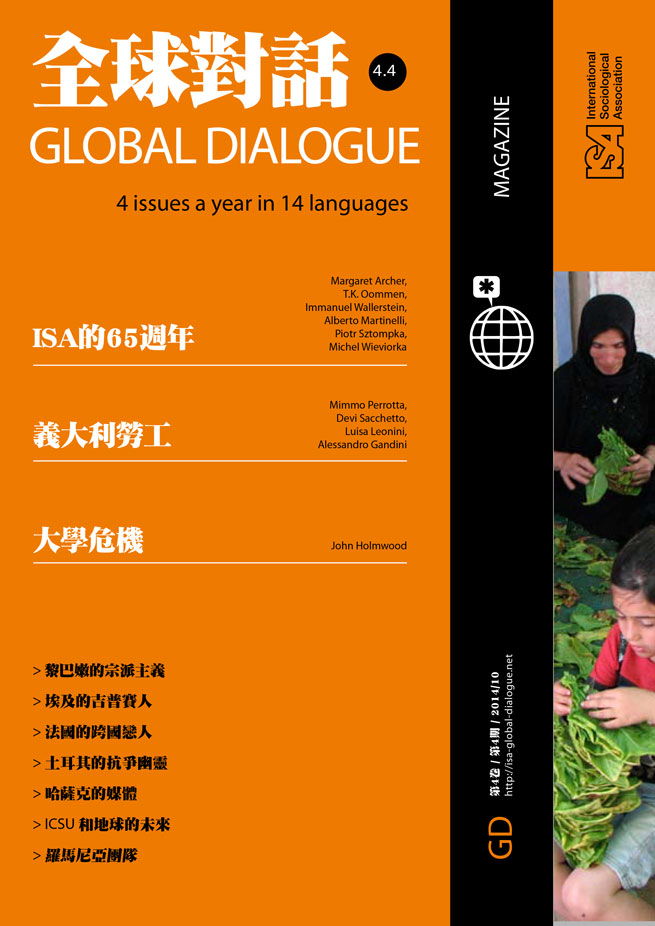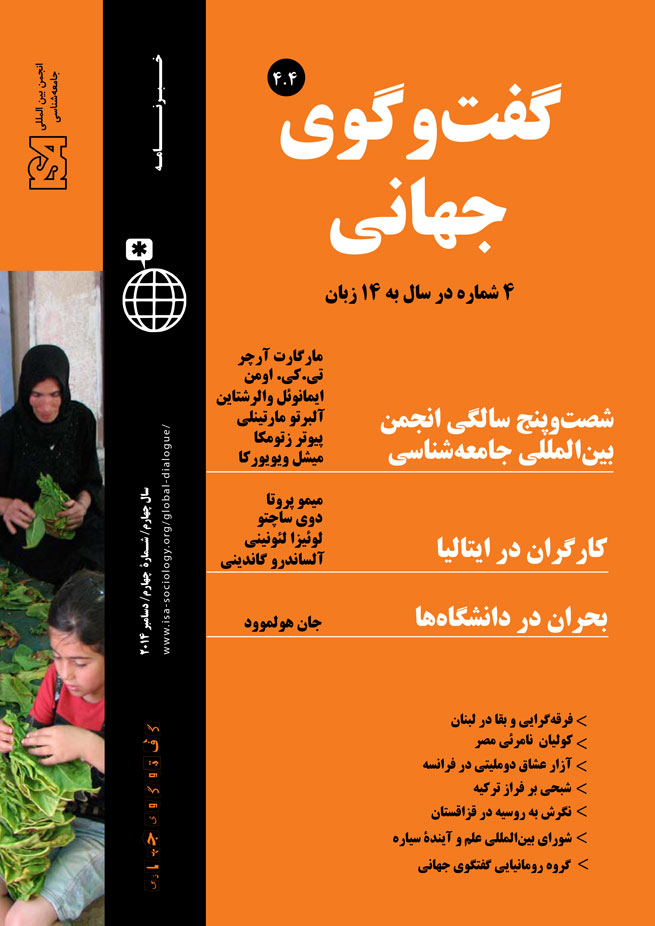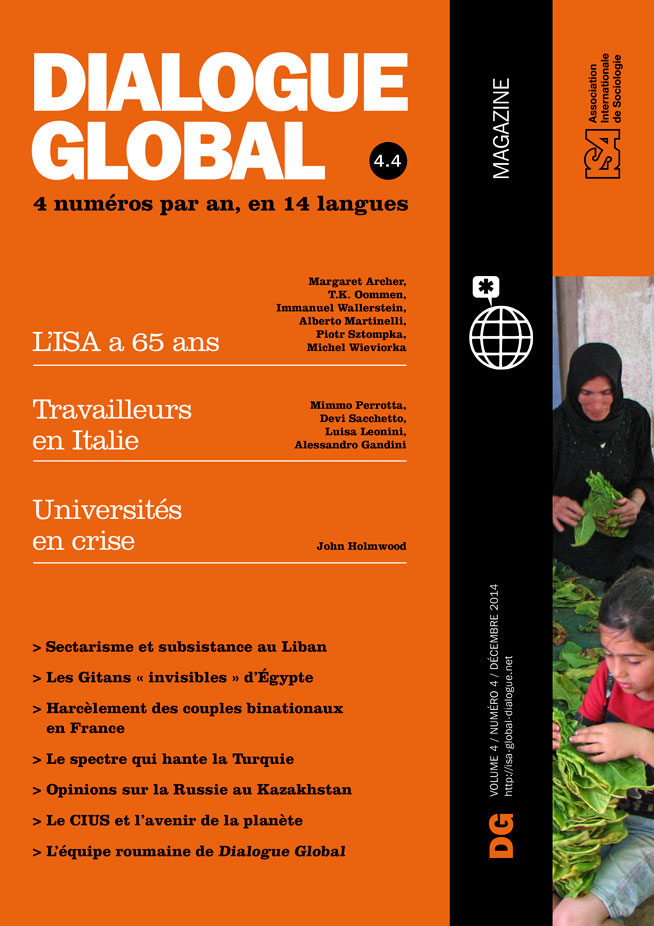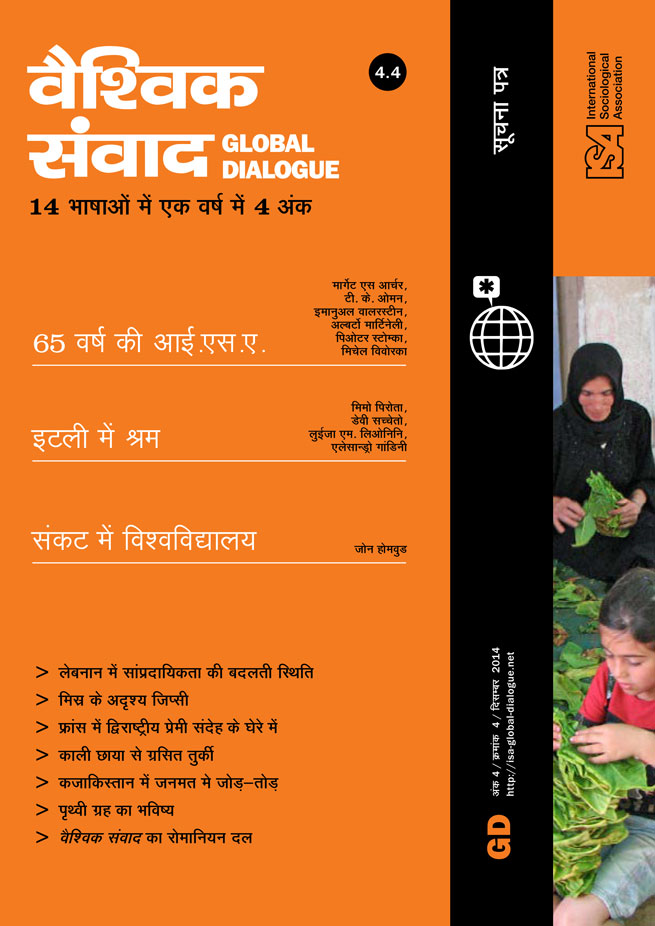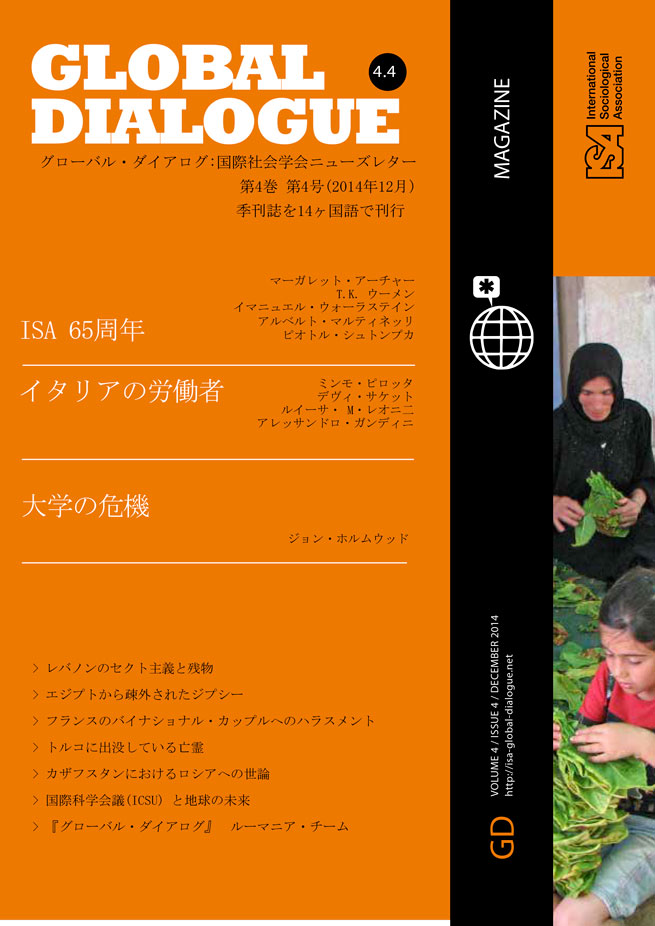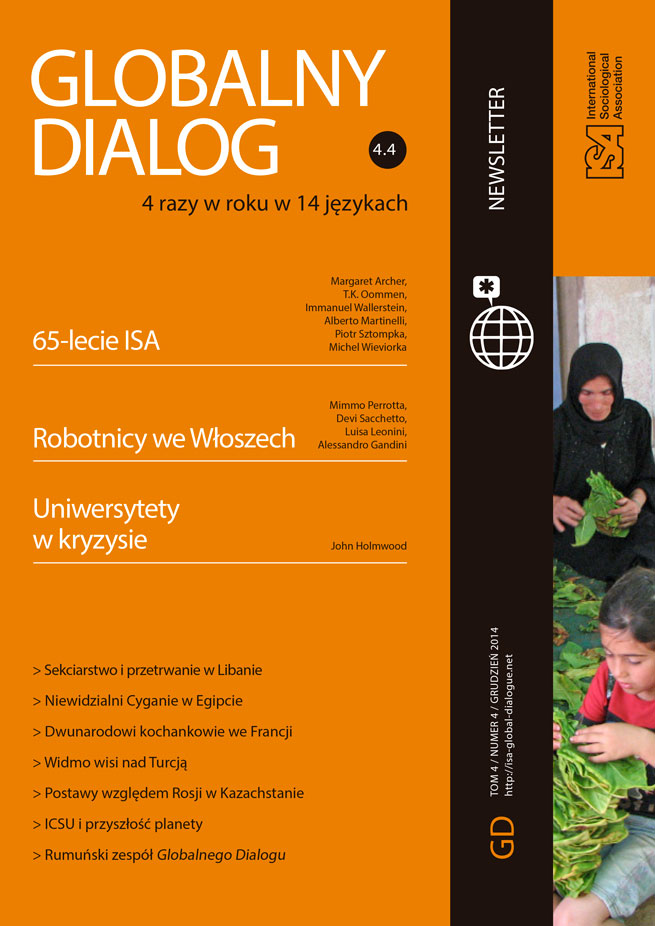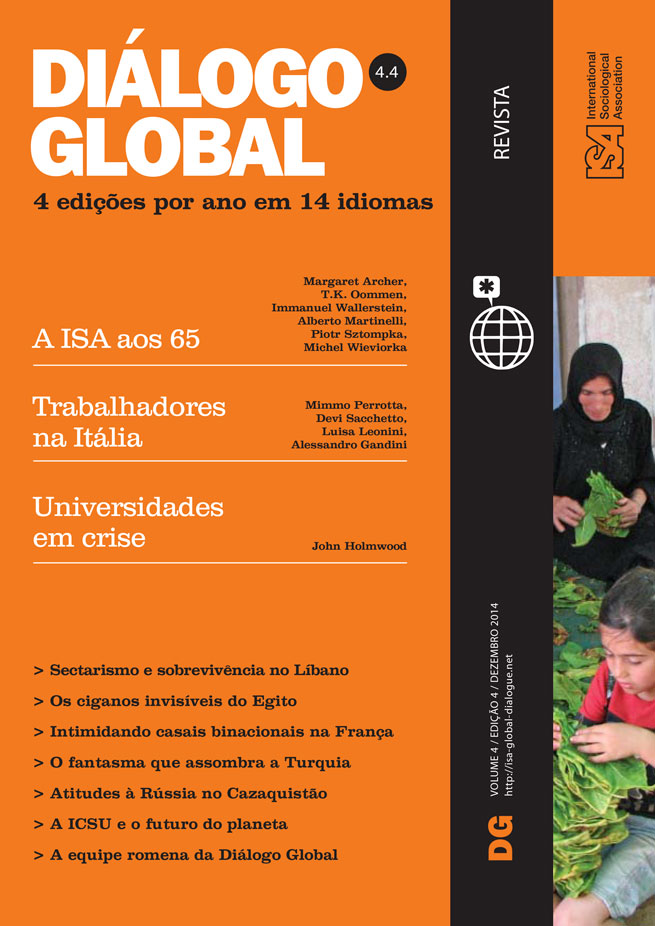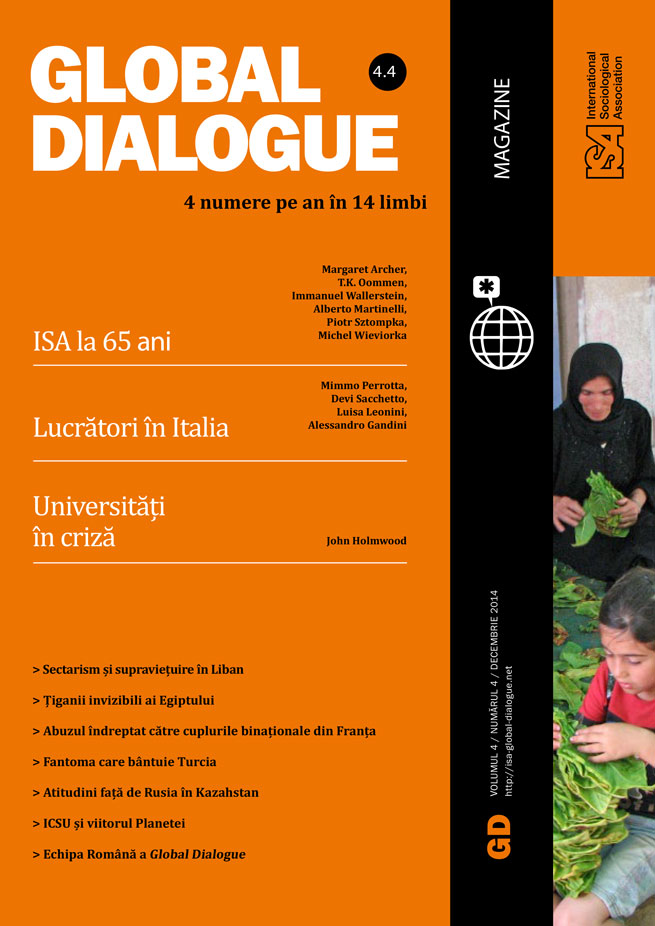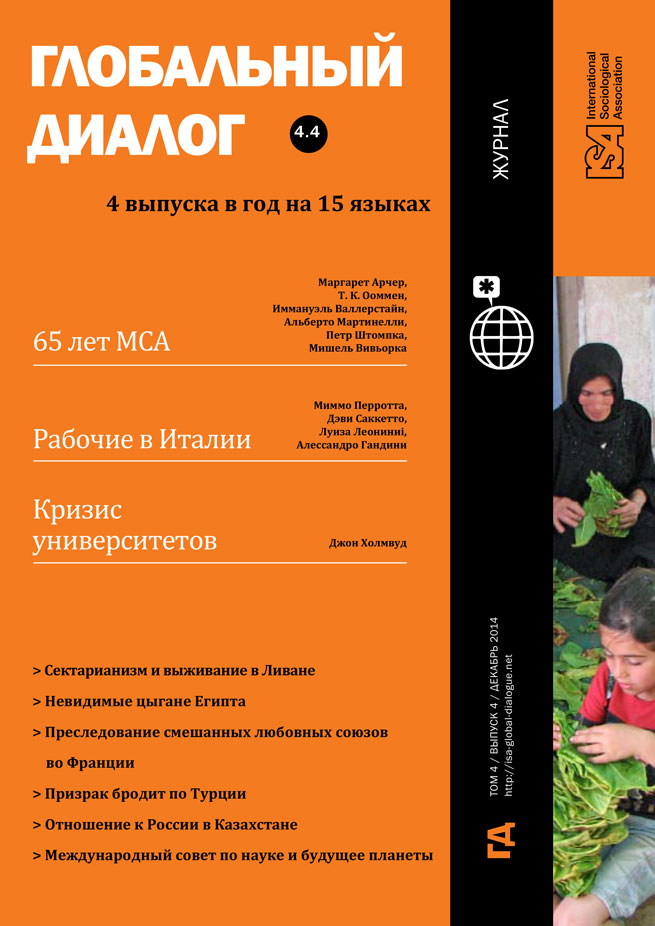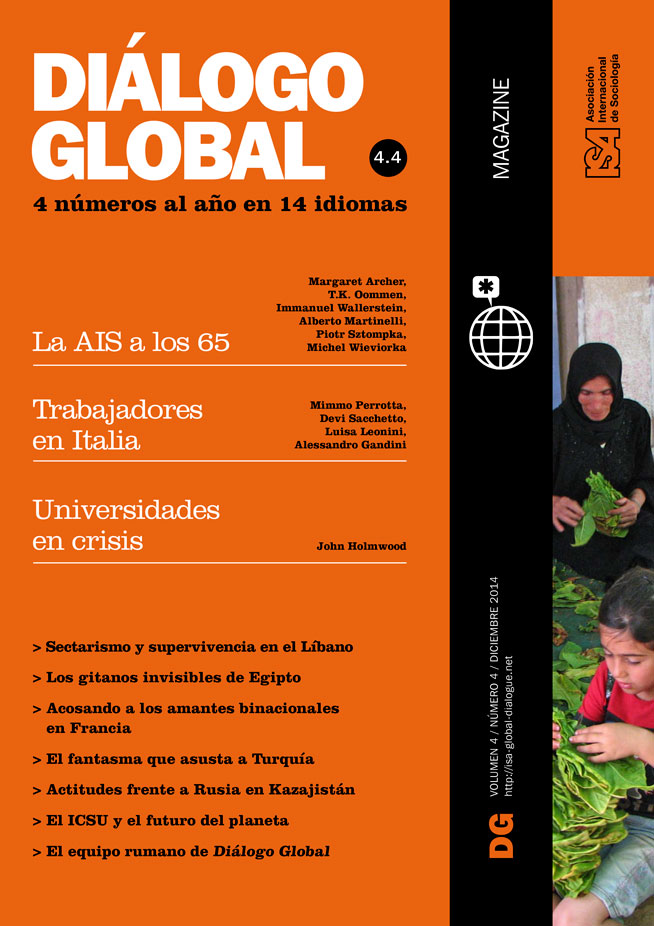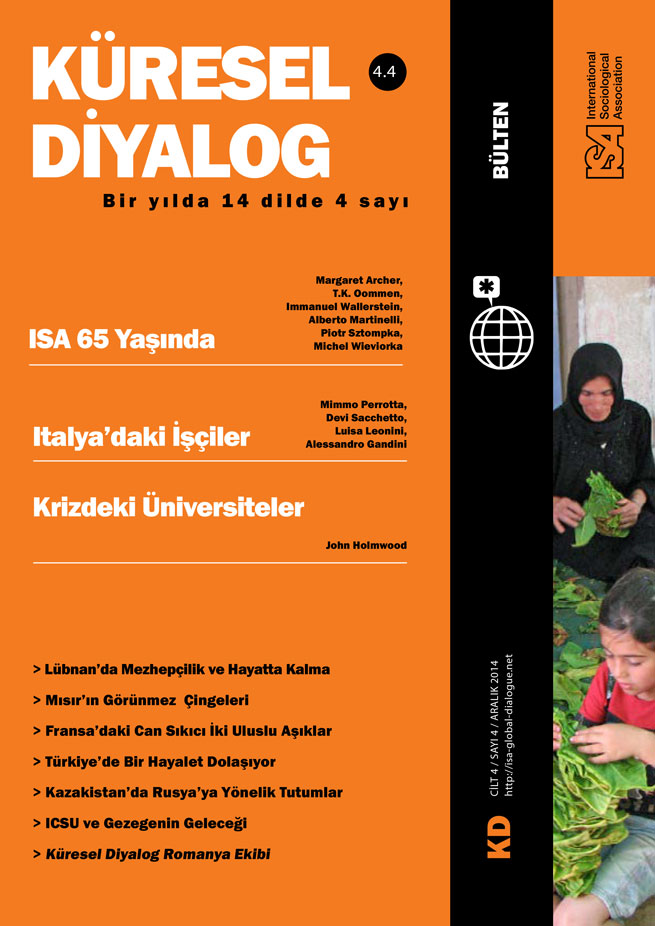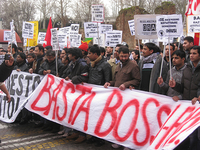The Rise of Freelance Work in Italy
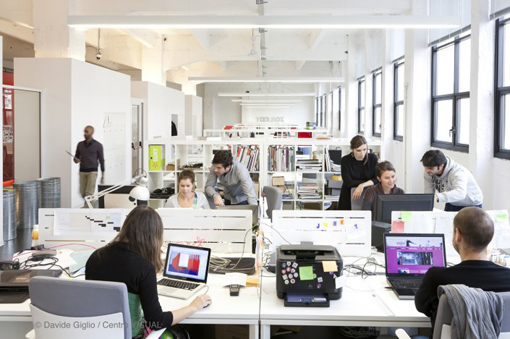
December 12, 2014
In the last few decades, the rise of the creative and cultural industries has created a large number of mostly media-based professions, often popularized as the "creative class.” Today, this large workforce has converged into project-based and freelance careers, sometimes because they lack alternatives, but increasingly also as a result of personal choices, as these workers seek to find a balance between the professional and private domains in a precarious environment.
In Milan, freelance professions in the knowledge and creative industries provide a textbook example of the rise of a workforce focused on innovation and attractiveness. Importantly, the acquisition of a reputation appears essential to professional success. Journalists, consultants, communication experts, video makers – all freelance professional figures who locate themselves halfway between precarity and entrepreneurship – need to perform self-branding practices to trigger the loop of a “reputation economy” required to get jobs and to establish oneself successfully in the milieu. This is enacted mostly through face-to-face interactions and digital activity on social media, which becomes ever more central as interaction increasingly occurs at a distance. But this effort to establish a reputation often results in “extreme work,” with long hours and pressure to perform, which challenges the common assumptions about job quality and job satisfaction in this sector.
The rapid expansion of freelancing is obvious in Europe’s aggregate employment data. Freelance work satisfies a growing aspiration for an independent and self-organized working life on the one side, while also offering “traditional” budget-savvy reasons for explaining its popularity.
More than ten years after the celebratory diffusion of the idea of a “creative class,” a decade of policies that claimed to foster the individual entrepreneurial activity of “creative” workers in the knowledge industry has generated a labor market largely composed of professionals working in project-based and freelance careers, mostly based in cities, in an unstable balance between precarity and self-entrepreneurship. Milan is undoubtedly a paradigmatic example of this development.
Freelance Work in Milan
Freelancers interviewed for this study are urban-based knowledge and creative workers aged 19 to 60, working as independent professionals within communication, public relations, media and design. These “freelancers” – that is, people who work on commission and contract jobs, at different levels – report average gross annual earnings of around 32,000 euros. However, this average obscures significant wage polarization: more than half of interviewees earned significantly less than 30,000 euros per year.
Freelancing in Milan is often seen as a second-best choice, as standard dependent jobs are still largely preferred. One respondent, a Public Relations consultant in her 40s, calls “freelancing” a strategy for paying employees less, and suggests the “coolness” of the job generally hides unfair working conditions. Similarly, a 20-something freelance journalist in Milan calls freelancing in Milan “a condition to be escaped.”
Nevertheless, some respondents described freelancing as offering greater freedom and self-organization on the job, both considered very rewarding aspects of the freelance profession. One middle-aged female communication professional said that working freelance means getting back your own time, as the strong sense of connection between the personal and professional relations allows her to strike a balance between the private and working lives.
A “Reputation Economy”
Freelance work connotes a dimension of “socialization,” calling for a significant portion of work to be conducted through the management of social relations, through word-of-mouth, recommendations, referrals and, ultimately, one’s personal reputation in the professional network. Indeed, one’s personal reputation within professional networks seems to be the element that determines an independent freelancer’s professional success and career progression. The importance of networking means emphasizes practices of personal branding to profitably develop the image of “self-enterprise.”
One 48-year-old female consultant, for example, reported that her reputation in the field was critical when she sought to “reinvent herself,” after she had to resign from her previous job in the middle of the crisis. After resigning, she established contacts and social relations with those she considered the most relevant and reputed people in her professional context. This “relational work” granted her a first commission, which through her expanded network then led to a regular supply of work. Some of the work also came directly from social media as hirers found her well curated profile on LinkedIn, combined with her professional management of Twitter. The daily routines and tasks of freelance workers in the knowledge economy are, thus, very different from the conventional duties associated with “dependent” employment.
As these “portfolio” and “boundary-less” careers proliferate in the knowledge industry, a freelance worker’s degree of embeddedness in social networks where information circulates substantially through word-of-mouth becomes crucial to an individual’s chances of finding work. A professional image on social media has become instrumental to a successful professional life, since the digital dimension contributes to networking-building practices and helps cultivate a long-distance reputation.
Is Co-Working the Answer?
As big firms become less directly involved in employing creative workers, freelancers and self-employed are called to discover new modalities for the collective construction of relationships and the management of social capital – relationships which in turn shape individual chances for recruitment and employment.
However, this also increases home working. Although a number of interviewees consider this condition satisfactory, for many workers it creates a diffused desire for relief from alienating home-work routines. Here, new organizational arrangements emerge, as those enacted by one junior professional who explains his decision to live with his associate in a flat that is at once their home and the headquarters of their startup.
New urban aggregations seem to be emerging within cities, responding to some of the problematic aspects of the freelance condition. The most prominent in this sense is the rise of spaces of co-working, which offer workers a shared environment where they can hire a desk and office-like facilities, together with engaging in social networking with other freelancers. In line with other major metropolitan areas, Milan is witnessing the diffusion of a great number of co-working spaces. There are different types of co-working spaces: some are local and small-scale spaces, populated by people working in advertising and public relations; others involve large-scale actors operating franchising models promoting social enterprise and social innovation. In these co-working spaces, workers share not just a space, but develop what they claim is an “open-source approach to work” that establishes communitarian relations.
Alessandro Gandini, University of Milan, Italy, and member of ISA Research Committee on the Sociology of Professional Groups (RC52) <alessandro.gandini@unimi.it>

